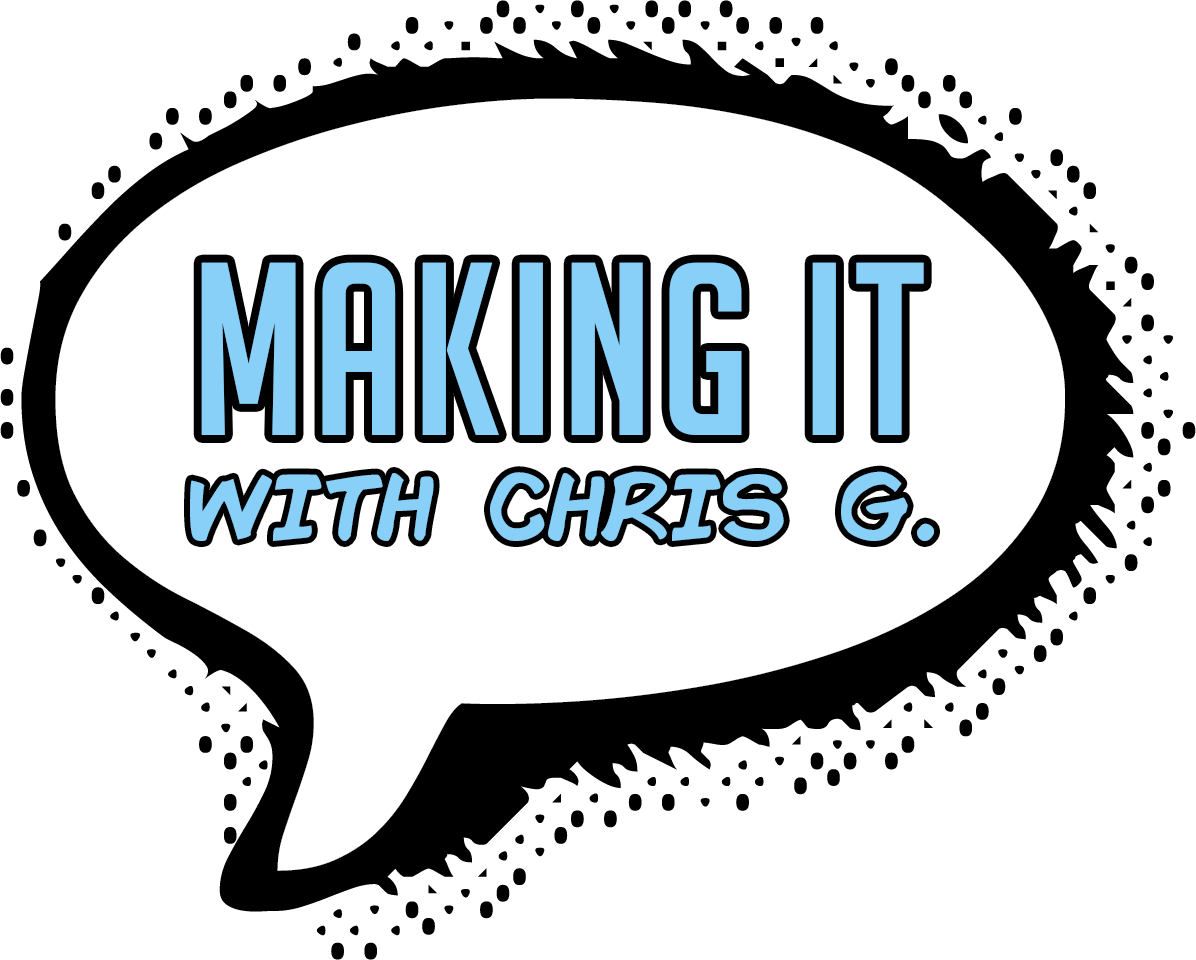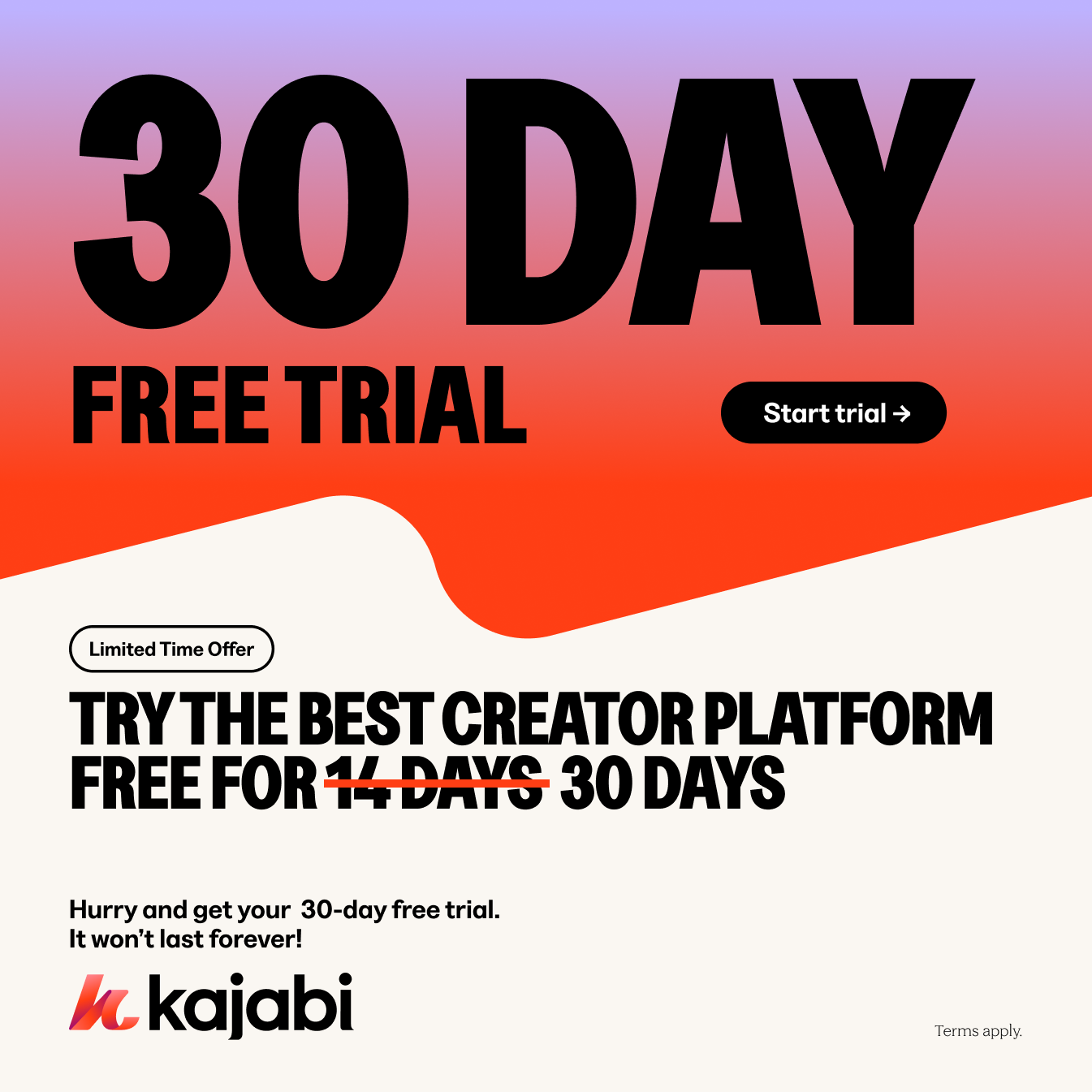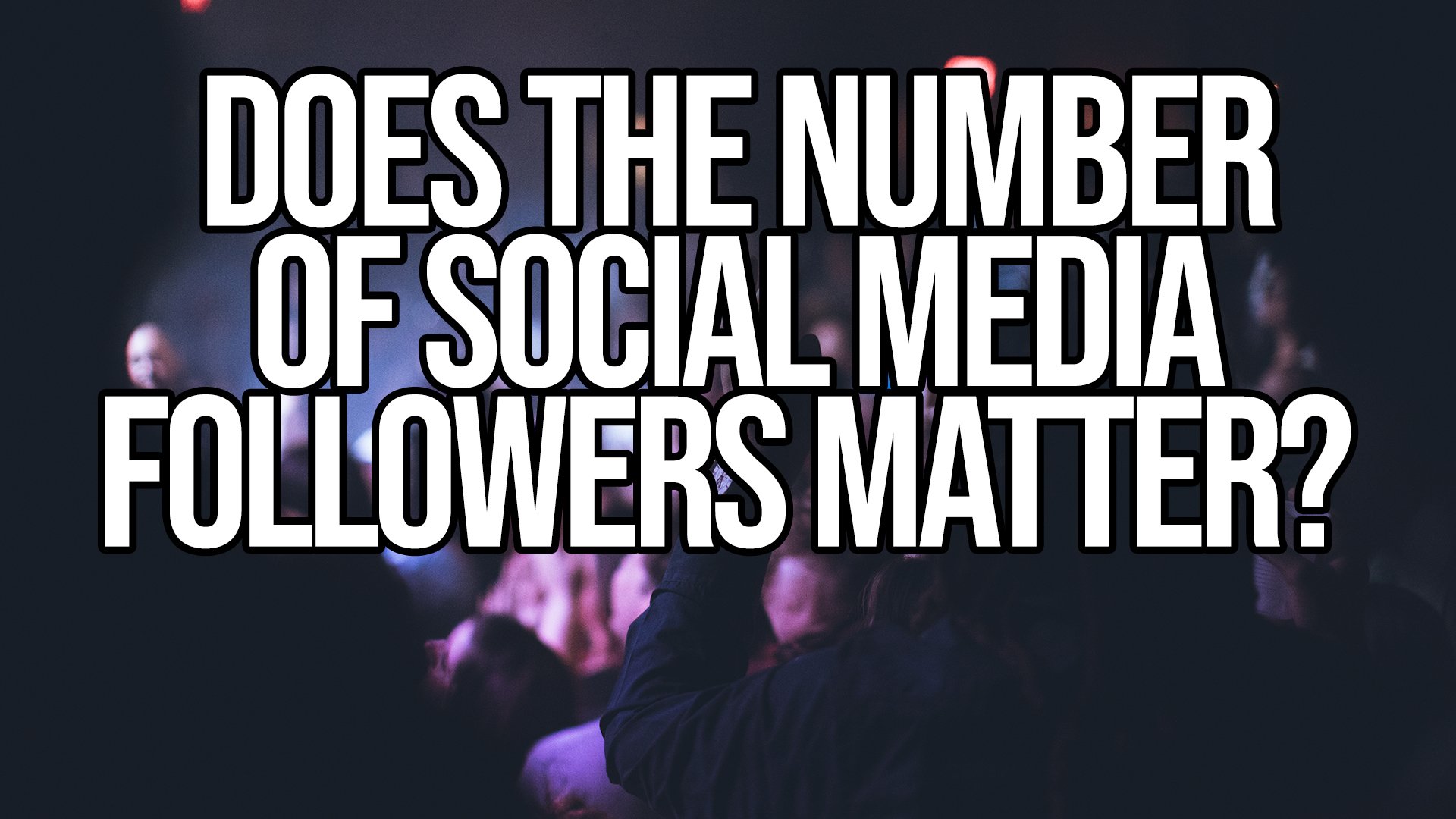Live Music & Touring in 2026: Why This Is a “Competence Year”
/The live music industry isn’t heading into a boom year, and it’s not collapsing either.
2026 is a competence year.
After the post-pandemic surge and the “revenge travel” era, the market has settled into something more familiar, but also more demanding. Demand for live music is still strong, yet the margin for error is smaller than it’s been in years. The winners won’t be the loudest or the biggest risk-takers, they’ll be the most disciplined.
In this post (and the video above), I want to break down what’s actually happening in live music and touring as we head into 2026, and what artists, promoters, venues, and festivals need to understand to stay profitable.
The Market Didn’t Collapse: It Split
One of the biggest misconceptions going into 2026 is that live music is “down.”
It’s not.
What actually happened is a market split.
Large tours, arenas, stadiums, and amphitheaters above 5,000 capacity are still performing extremely well
Major tours continue to command premium pricing
Smaller and mid-size venues are only down slightly, but margins were already thin
People are attending fewer shows per year, but they’re still showing up for events that feel meaningful, valuable, or rare. That means venues and promoters can’t rely on volume alone anymore. Risk has to be intentional.
The tours and rooms that are winning are the ones that can prove value and convert efficiently.
What’s Working in 2026: Niche, Experience, and Intentional Touring
One of the most encouraging trends going into 2026 is the continued success of niche tours and rising artists.
Whether it’s genre-based fandoms, subcultures, or community-driven audiences, niche programming is outperforming generic bookings. Fans will still spend — but they want a reason.
That means:
Experiences over repetition
First-time or rare concertgoers over the same local crowd every six months
Shows that feel intentional, not “we’re just routing through town again”
For artists, this also means touring with purpose. Playing shows just to play shows isn’t working anymore, and it’s often a waste of time for both the artist and the promoter.
What’s Not Working: Repetition and Declining Momentum
The biggest mistakes I’m seeing heading into 2026 are:
Returning to the same market too quickly (often under 18 months)
Booking artists whose momentum is flat or declining
Taking risks without realistic forecasting
Fans are more selective than ever. If the show doesn’t feel like an event, they’re comfortable skipping it.
One potential solution we’ll likely see more of: packaged tours — similar to what rock and alternative scenes did successfully during the Warped Tour era. Multiple artists, more perceived value, and a stronger reason for fans to buy a ticket.
Ticketing in 2026: Transparency Is Here (But Prices Aren’t Dropping)
Ticketing is entering a new phase.
All-in pricing is effectively becoming standard in the U.S., with upfront disclosure of total ticket costs. This is a win for transparency and trust — but it doesn’t mean tickets are suddenly getting cheaper.
If anything, fans will see clearer totals, not lower ones.
One area where the industry still needs progress is scalping and bots. I remain a strong advocate for non-transferable tickets, with limited exceptions where legally required. For events that cost hundreds of dollars, and carry real safety concerns — it’s reasonable to prioritize fans who actually intend to attend.
You can’t scalp a hotel room or airline seat. Concert tickets shouldn’t be different.
Festivals in 2026: Strong Lineups, Tighter Business
Festivals aren’t dying, but weak concepts are.
Rising operating costs, especially insurance and staffing, are forcing festivals to:
Be more conservative with risk
Secure sponsors earlier
Focus heavily on VIP and secondary revenue
Lock in earlier on-sales
We’re also seeing a clear divide between festivals that invest in experience and identity, and those that rely on copy-paste lineups.
With stadium tours now offering high-level production and excellent sightlines, festivals can’t compete on lineup alone. They have to offer something more: exclusivity, community, education, wellness, fandom, or cultural value.
What Artists Should Be Doing in 2026
For artists, the playbook going into 2026 is clear, but not easy.
Write and release music relentlessly
Treat content as part of the job, not an afterthought
Use AI as leverage, not a replacement
Tour with intention, not ego
Stop renting your audience and start owning it
In a world of automation, personal connection matters more than ever. Email and text lists aren’t outdated — they’re essential. Turning casual listeners into people you can directly reach is one of the most valuable skills an artist can develop right now.
Touring Outlook for 2026
From what I’m seeing:
Q1 and Q2 have strong potential, especially for club and theater tours
Q3 still requires caution due to festivals and stadium tours dominating spend
Niche programming can still win in Q3 with smart research and forecasting
Early Q4 and December should be strong, with some caution around election season
Overall, I believe 2026 will be stronger than 2025 for touring, but only for those who operate with discipline.
Final Thought: Competence Wins
2026 isn’t about hype.
It isn’t about taking wild swings.
And it isn’t about pretending the market is something it’s not.
It’s about competence.
The artists, promoters, venues, and festivals that understand their audience, manage risk, and create real value will win — quietly, consistently, and profitably.
If you want to hear the full breakdown, watch the video above. I’ll also be sharing more content this year on touring strategy, digital ads, and audience growth.










